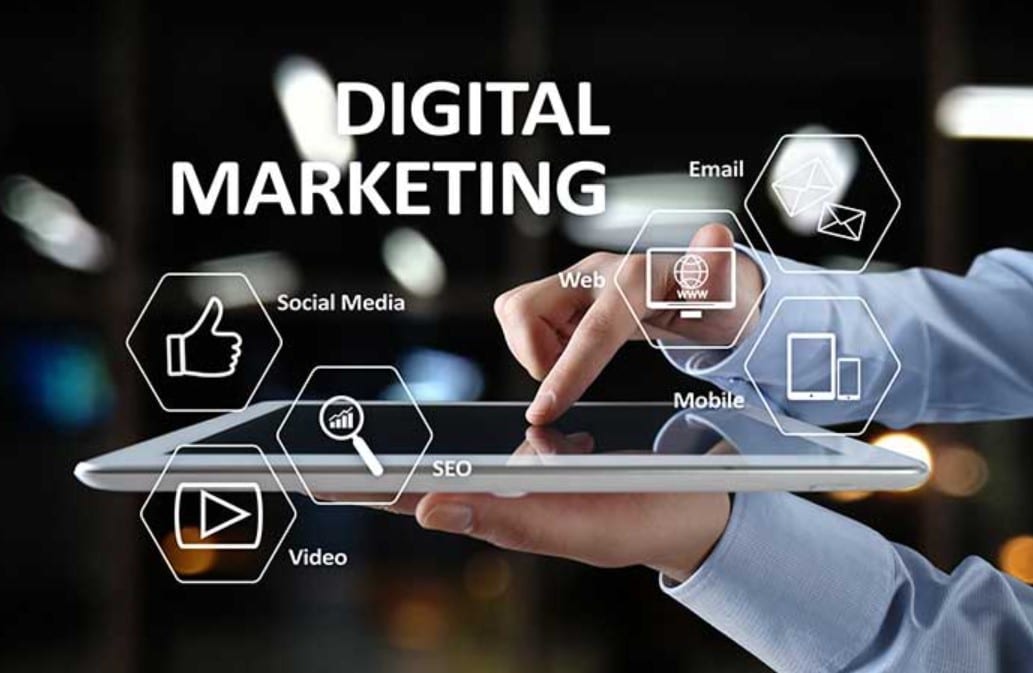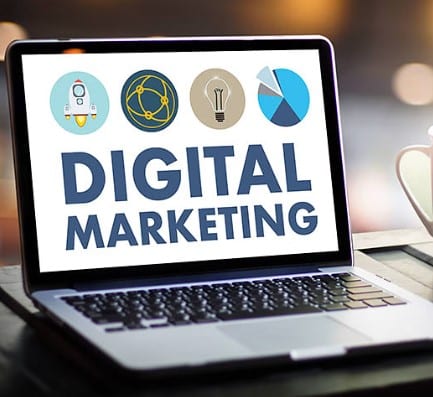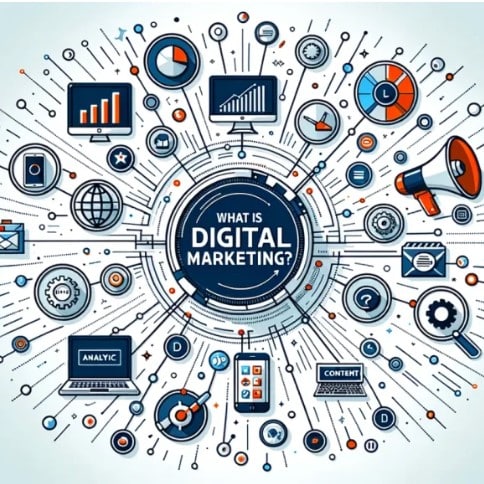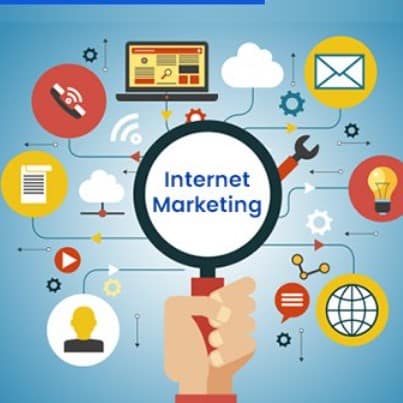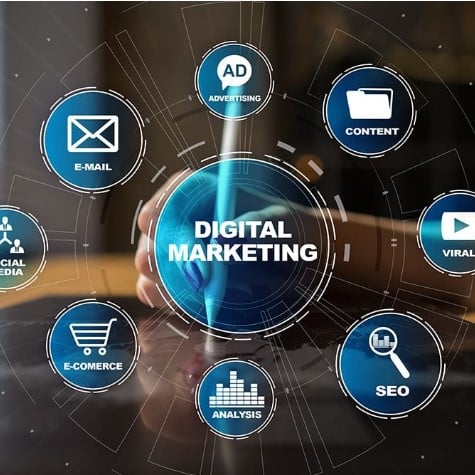Digital marketing refers to the use of online channels and digital tools to promote products and services.
From social media to search engines, businesses leverage online marketing solutions to reach a global audience. As more companies shift to online platforms, understanding digital marketing strategies becomes crucial to stay competitive.
This nestivoz.com will cover everything you need to know about digital marketing strategies for 2024, including key components such as SEO, social media marketing, email marketing, and content marketing.
We will also explore the benefits of these strategies, real-world examples, and how to get started.
Benefits of Digital Marketing Strategies
Implementing a well-rounded digital marketing strategy offers numerous advantages:
- Cost-Effective: Compared to traditional methods, digital marketing is more affordable, especially for small businesses.
- Global Reach: Online marketing allows businesses to target a global audience with just a few clicks.
- Measurable Results: With tools like Google Analytics, you can track your campaign’s performance in real-time.
- Targeted Audience: Digital advertising allows for specific targeting based on demographics, location, and user behavior.
By using SEO and digital marketing, companies can boost visibility, drive traffic, and ultimately increase sales.
Key Components of Digital Marketing
Let’s dive into the primary components of a successful digital marketing strategy and how they benefit businesses.
1. SEO and Digital Marketing
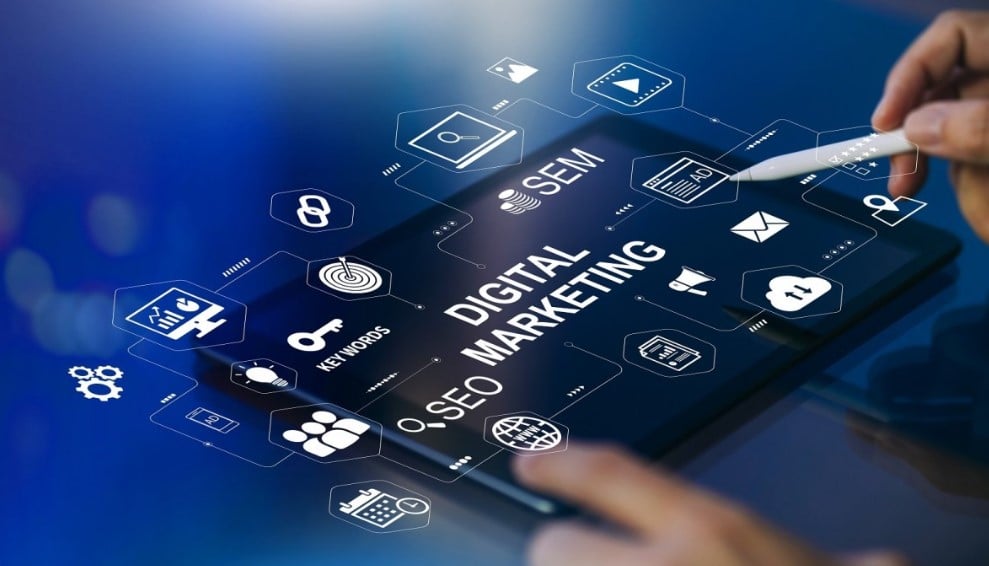
Search engine optimization (SEO) is the backbone of any digital market strategy. SEO focuses on improving your website’s ranking on search engines like Google, making it easier for potential customers to find you.
- Pros: Increases organic traffic, builds credibility.
- Cons: Results can take time.
- Price: SEO tools range from free to $1,000 per month.
- Features: Keyword research, on-page optimization, technical SEO.
2. Social Media Marketing
Social media marketing involves using platforms like Facebook, Instagram, and LinkedIn to engage with your target audience. Businesses use this strategy to build brand awareness, promote products, and engage with customers in real-time.
- Pros: Direct communication with consumers, brand awareness.
- Cons: Time-consuming, constant content creation.
- Price: Free to $10,000+ for ads.
- Features: Organic posts, paid ads, influencer partnerships.
3. PPC Digital Marketing
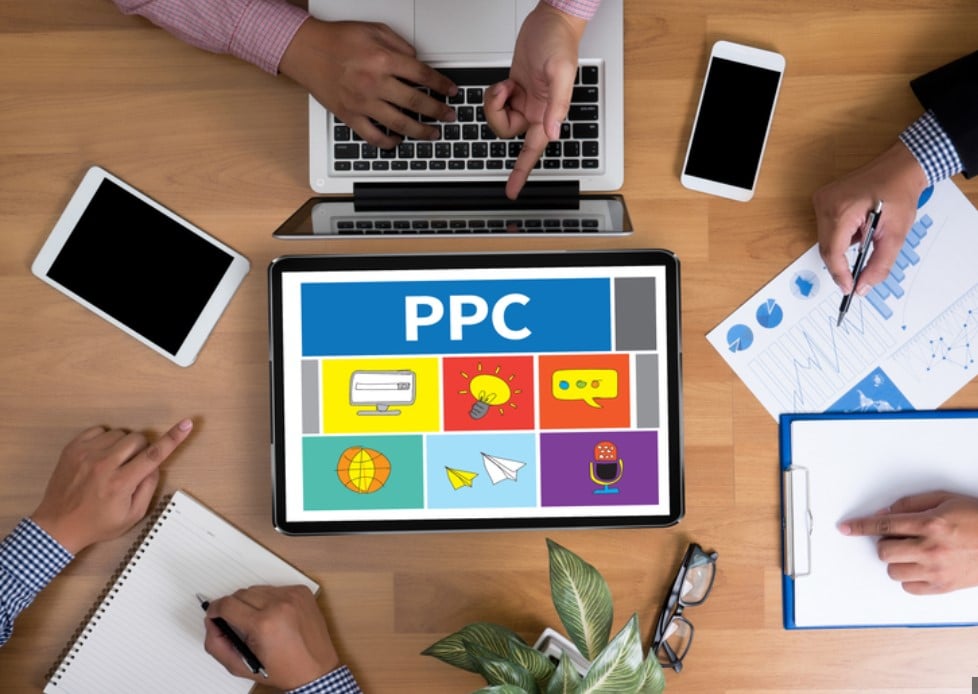
Pay-per-click (PPC) marketing allows businesses to place ads on search engines or social media and only pay when someone clicks on the ad. This can be a highly effective way to generate leads and sales quickly.
- Pros: Immediate traffic, measurable ROI.
- Cons: Costs can add up quickly without proper management.
- Price: Typically $1 to $5 per click.
- Features: Google Ads, Facebook Ads, retargeting campaigns.
4. Email Marketing Services
Email marketing remains one of the most effective tools for nurturing customer relationships. Businesses use email campaigns to send personalized messages, promotions, and updates to their subscribers.
- Pros: High ROI, personalization options.
- Cons: Requires a strong email list.
- Price: Free to $500 per month, depending on the platform.
- Features: Automation, A/B testing, segmentation.
5. Affiliate Marketing Programs
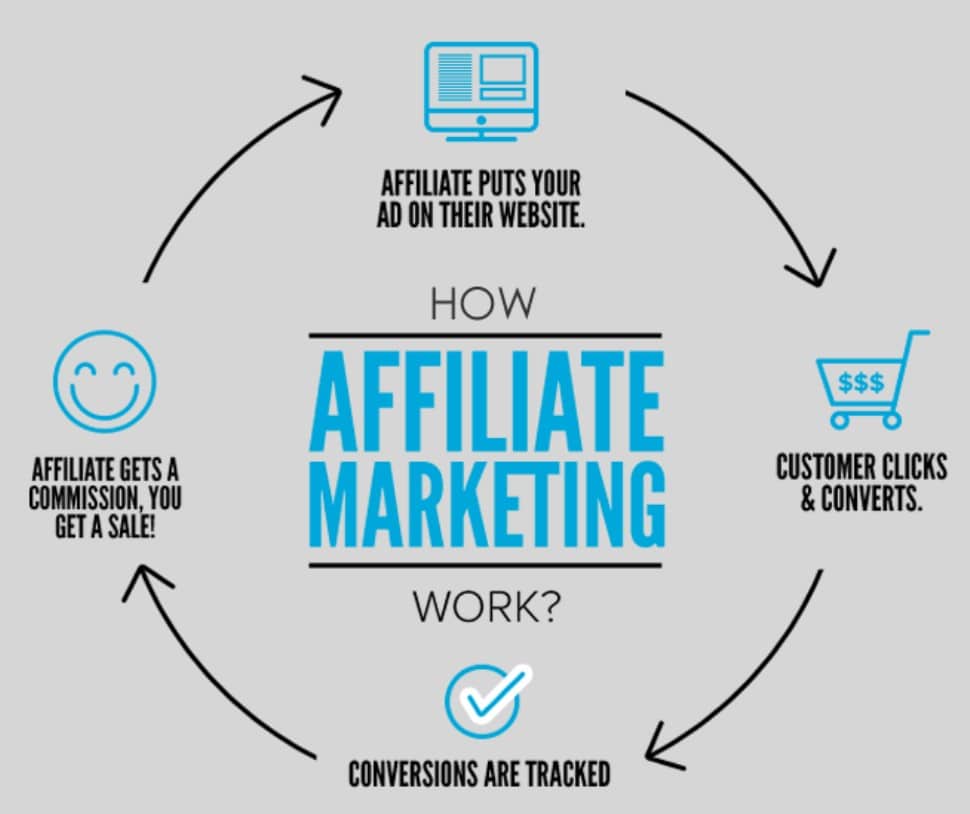
Affiliate marketing allows businesses to partner with individuals or companies who promote their products in exchange for a commission. This strategy expands your reach and drives traffic from trusted sources.
- Pros: Low-risk, performance-based payment.
- Cons: Requires managing affiliate relationships.
- Price: Typically a commission-based structure.
- Features: Referral links, tracking, performance reports.
Real-World Digital Marketing Solutions
Let’s look at five real-world examples of digital market products and services that businesses can use to optimize their online presence.
1. HubSpot – Marketing Automation Tools
HubSpot offers an all-in-one platform for businesses looking to streamline their content marketing strategy and email campaigns. The platform integrates SEO tools, email marketing, social media scheduling, and lead generation.
- Pros: Comprehensive platform, easy to use.
- Cons: Expensive for small businesses.
- Price: Starts at $50 per month.
- Features: CRM integration, marketing automation, email segmentation.
2. Mailchimp – Email Marketing Services
Mailchimp is a user-friendly email marketing platform that allows businesses to create and automate email campaigns. It’s an excellent solution for small businesses looking to get started with email marketing.
- Pros: Easy setup, free tier available.
- Cons: Limited advanced features on lower plans.
- Price: Free to $299 per month.
- Features: Drag-and-drop email editor, A/B testing, audience segmentation.
3. Google Ads – PPC Digital Marketing
Google Ads is the leading platform for PPC digital marketing. With Google Ads, businesses can target specific keywords and audiences, driving traffic and conversions instantly.
- Pros: Instant results, detailed analytics.
- Cons: High competition in some industries.
- Price: Varies based on bidding strategy.
- Features: Keyword targeting, retargeting, display ads.
4. SEMrush – SEO and Digital Marketing Tools
SEMrush is an all-encompassing SEO and digital marketing tool that offers keyword research, competitor analysis, and content optimization.
- Pros: Comprehensive toolset for SEO.
- Cons: Steep learning curve for beginners.
- Price: Starts at $119.95 per month.
- Features: SEO audit, backlink analysis, keyword tracking.
5. Hootsuite – Social Media Marketing Platform
Hootsuite helps businesses manage multiple social media accounts from one platform, making social media marketing more efficient.
- Pros: Time-saving, central dashboard.
- Cons: Limited features in free plan.
- Price: Free to $599 per month.
- Features: Post scheduling, analytics, social listening.
Comparison of Digital Marketing Products
When choosing a digital marketing solution, it’s essential to weigh the pros and cons of each product.
- Use Case 1: Small Business Owners Mailchimp is a great option for businesses just getting started with email marketing, as it offers a free tier with essential tools for small businesses.
- Use Case 2: Established Companies HubSpot provides a full suite of marketing automation tools that cater to larger businesses with complex marketing needs.
- Use Case 3: PPC Enthusiasts Google Ads is ideal for businesses looking for fast, targeted results through PPC digital market campaigns.
How to Buy and Where to Buy These Solutions
Here’s a list of where you can purchase or subscribe to these products:
- HubSpot Marketing Automation Tools: Get Started Here hubspot.com
- Mailchimp Email Marketing Services: Get Started Here mailchimp.com
- Google Ads PPC Services: Get Started Here ads.google.com
- SEMrush SEO Tools: Get Started Here semrush.com
- Hootsuite Social Media Marketing: Get Started Here hootsuite.com
Pricing of Digital Marketing Tools
The cost of digital marketing products can vary based on the features and services offered:
- Marketing Automation Tools (HubSpot): $50 – $3,200 per month.
- Email Marketing Services (Mailchimp): Free – $299 per month.
- PPC Digital Market (Google Ads): $1 – $5 per click.
- SEO Tools (SEMrush): $119.95 per month.
- Social Media Tools (Hootsuite): Free – $599 per month.
FAQs
1. What is the most effective digital marketing strategy?
The best strategy depends on your business goals. SEO is excellent for long-term traffic, while PPC offers instant results.
2. How much does digital marketing cost?
Costs vary by platform and strategy. SEO tools range from free to $1,000 per month, while PPC can cost $1 – $5 per click.
3. Can small businesses afford digital marketing?
Yes, many digital marketing tools offer affordable options, with free plans available for smaller businesses.
By using the right digital marketing tools and strategies, businesses can thrive in the online world. Whether it’s through SEO, PPC, or social media marketing, these methods offer measurable results and can lead to significant growth for your business in 2024.
